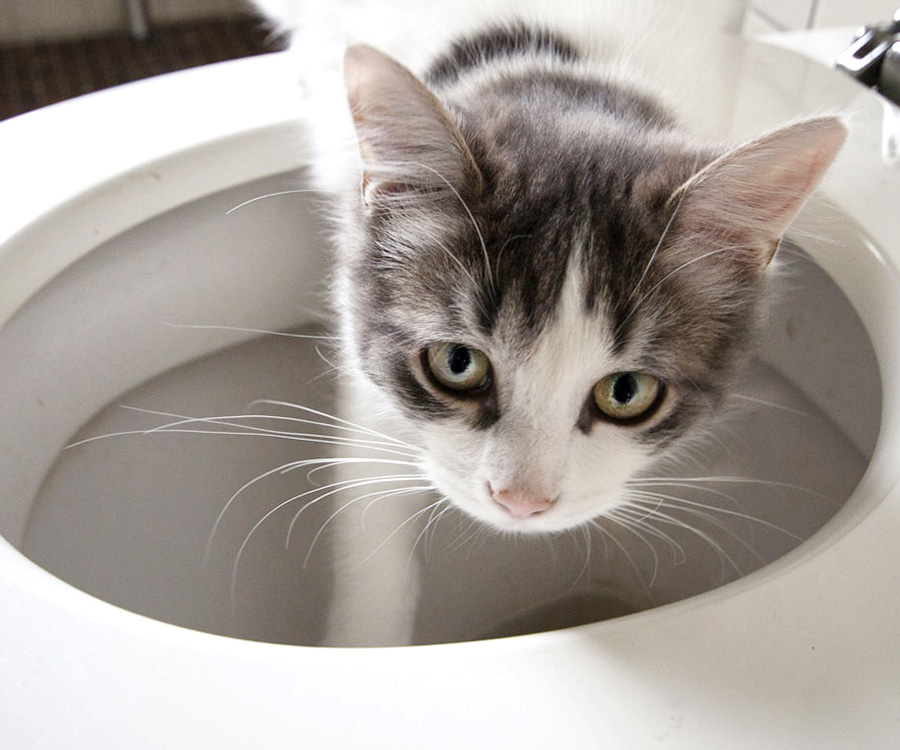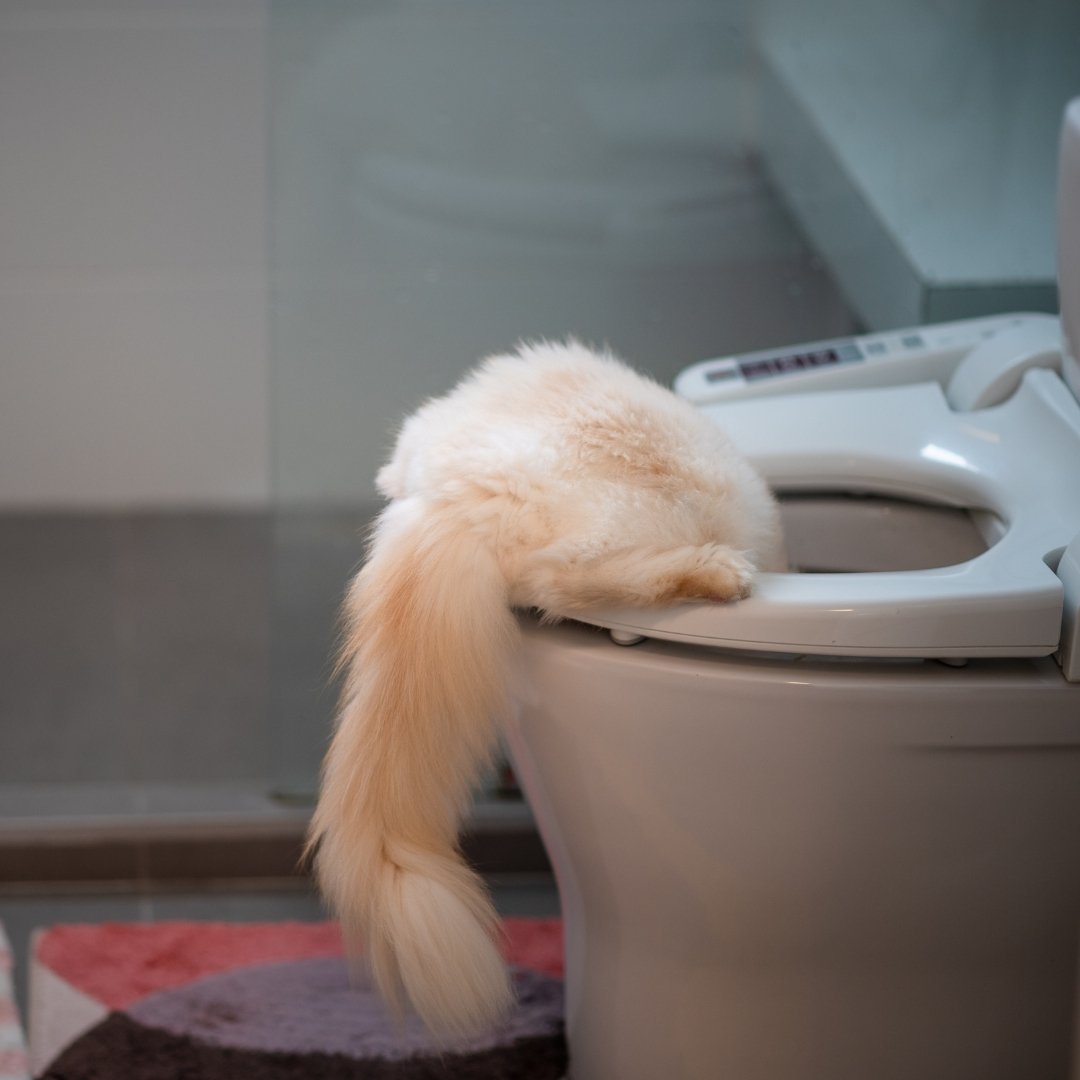The Risks of Disposing Cat Poop in Your Toilet - Precautionary Measures
The Risks of Disposing Cat Poop in Your Toilet - Precautionary Measures
Blog Article
We have stumbled on this great article involving Can You Flush Cat Poo or Litter Down the Toilet? directly below on the web and figured it made good sense to share it with you over here.

Intro
As pet cat proprietors, it's vital to bear in mind exactly how we throw away our feline close friends' waste. While it might seem hassle-free to flush cat poop down the toilet, this technique can have destructive repercussions for both the atmosphere and human health.
Alternatives to Flushing
The good news is, there are more secure and much more liable methods to dispose of feline poop. Consider the following choices:
1. Scoop and Dispose in Trash
The most usual technique of getting rid of cat poop is to scoop it into a biodegradable bag and throw it in the garbage. Be sure to make use of a devoted trash scoop and take care of the waste quickly.
2. Usage Biodegradable Litter
Opt for naturally degradable pet cat clutter made from materials such as corn or wheat. These trashes are eco-friendly and can be securely gotten rid of in the garbage.
3. Hide in the Yard
If you have a yard, think about burying feline waste in a marked location far from veggie yards and water resources. Make certain to dig deep sufficient to prevent contamination of groundwater.
4. Set Up a Pet Waste Disposal System
Invest in a pet garbage disposal system especially developed for feline waste. These systems utilize enzymes to break down the waste, decreasing odor and environmental influence.
Wellness Risks
Along with environmental concerns, purging cat waste can additionally present health and wellness risks to human beings. Feline feces may have Toxoplasma gondii, a bloodsucker that can cause toxoplasmosis-- a possibly serious illness, specifically for expecting women and people with weakened body immune systems.
Environmental Impact
Purging cat poop presents hazardous virus and parasites right into the water supply, posing a considerable threat to aquatic ecological communities. These contaminants can negatively impact marine life and compromise water top quality.
Verdict
Responsible animal ownership prolongs beyond offering food and shelter-- it likewise involves proper waste management. By refraining from flushing feline poop down the bathroom and going with alternative disposal methods, we can reduce our environmental footprint and safeguard human wellness.
Why You Should Never Flush Cat Poop Down the Toilet
A rose by any other name might smell as sweet, but not all poop is created equal. Toilets, and our sewage systems, are designed for human excrement, not animal waste. It might seem like it couldn’t hurt to toss cat feces into the loo, but it’s not a good idea to flush cat poop in the toilet.
First and foremost, assuming your cat uses a litter box, any waste is going to have litter on it. And even the smallest amount of litter can wreak havoc on plumbing.
Over time, small amounts build up, filling up your septic system. Most litter sold today is clumping; it is made from a type of clay that hardens when it gets wet. Ever tried to scrape old clumps from the bottom of a litter box? You know just how cement-hard it can get!
Now imagine just a small clump of that stuck in your pipes. A simple de-clogger like Drano isn’t going to cut it. And that means it’s going to cost you big time to fix it.
Parasitic Contamination
Believe it or not, your healthy kitty may be harboring a nasty parasite. Only cats excrete Toxoplasma in their feces. Yet it rarely causes serious health issues in the cats that are infected. Most people will be fine too if infected. Only pregnant women and people with compromised immune systems are at risk. (If you’ve ever heard how women who are expecting are excused from litter cleaning duty, Toxoplasma is why.)
But other animals may have a problem if infected with the parasite. And human water treatment systems aren’t designed to handle it. As a result, the systems don’t remove the parasite before discharging wastewater into local waterways. Fish, shellfish, and other marine life — otters in particular — are susceptible to toxoplasma. If exposed, most will end up with brain damage and many will die.
Depending on the species of fish, they may end up on someone’s fish hook and, ultimately on someone’s dinner plate. If that someone has a chronic illness, they’re at risk.
Skip the Toilet Training
We know there are folks out there who like to toilet train their cats. And we give them props, it takes a lot of work. But thanks to the toxoplasma, it’s not a good idea.

Hopefully you enjoyed reading our excerpt on How to Dispose of Cat Poop and Litter Without Plastic Bags. Thank you so much for spending some time to read our article. Sharing is good. Helping people is fun. Thanks so much for taking the time to read it.
Get Quote Now Report this page